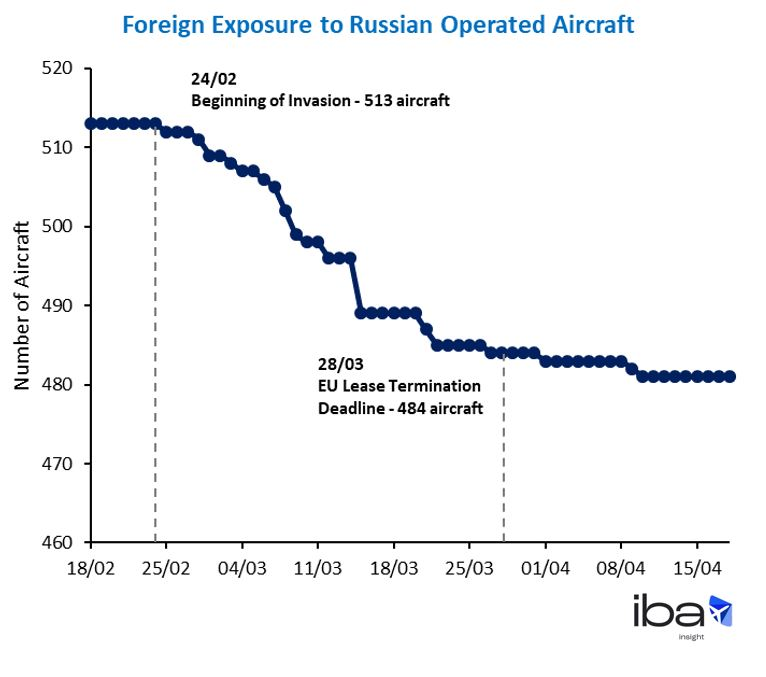Stranded Planes: Litigation Boom

What if I told you the key trend in litigation at the moment is planes—specifically stranded planes? ✈️
Yes - you read that right and in today's Deep Dive we're looking at:
- why stranded planes are a big deal
- how plane cases are creating tons of work for litigators; and
- how one recent case gives us important insights into the future.
Are you new here? Get free emails to your inbox.
Let's dive in.
Give me some background
- Since Russia first invaded Ukraine, over 200 aircraft leased by Russian airlines, governed by laws from England to New York, have sat idle, caught in a geopolitical tug-of-war.
- The plane lessors, facing significant financial losses, have turned to their insurers to recoup billions in assets now stuck in Russia.
- Airspace bans in Russia make it difficult for lessors to get to Russia to repossess the planes.
To make matters worse, the financial stakes are scarily high. Insurers and lessors are locked in disputes that total an estimated $16.4 billion in claims, centering on compensation for the aircraft that, under normal circumstances, would be flying international skies. Instead, they serve as billion-dollar hostages to an international dispute.

A Legal Pivot Point
There are two cases you need to know when it comes to discussing this trend:
1) The Jurisdiction Ruling
Flashback to March we had a key decision where the UK's High Court ruled on a jurisdiction challenge in the case of Zephyrus Capital Aviation Partners 1d Ltd. v. Fidelis Underwriting Ltd.
- What was this about? At heart was whether these disputes should be resolved in Russian courts, as stipulated by some of the insurance policies, or elsewhere.
- What was decided? The court's decision to keep the proceedings in the UK underscored a critical theme: the fairness and impartiality of trials, given the current Russian political climate, are in doubt (especially considering the claimants were incorporated in “Unfriendly Foreign States”) making other jurisdictions more favorable for these cases.
Subscribe to continue reading






